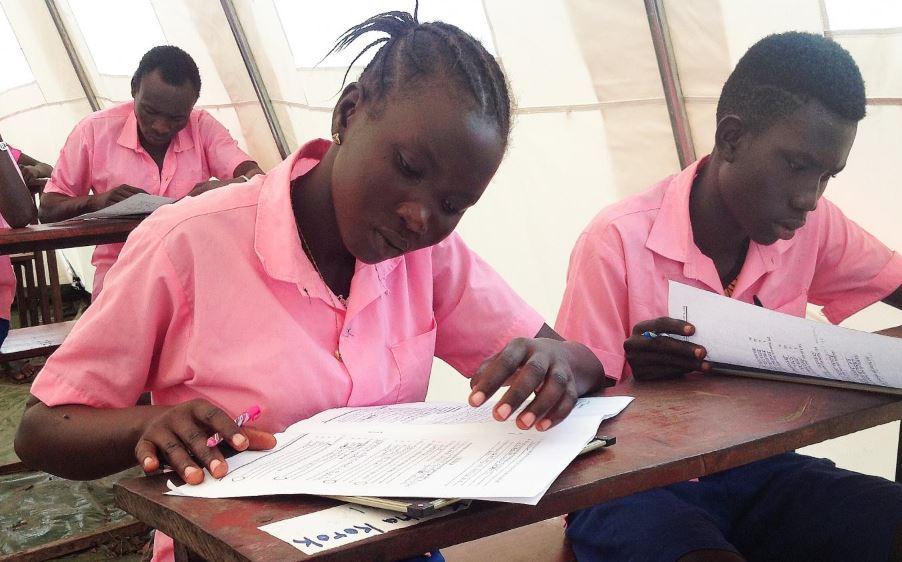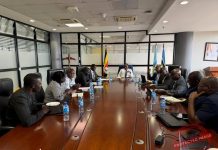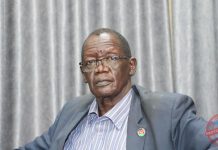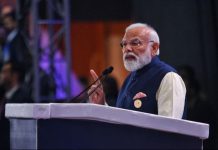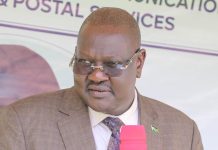Jenifer James
Africa-Press – South-Sudan. A Member of Parliament appealed to the Parliamentary Education Committee to intervene and stop the ongoing arbitrary increments of tuition fees in private schools across the country.
Deng Chol Deng, who represents Renk County of Upper Nile State at the National Assembly, raised the issue during the regular session on Tuesday.
The lawmaker narrated that he noticed the presence of children on the streets during school hours and was prompted to start questioning them. He said the majority of them said they were forced out of school after the fees became unaffordable.
“I noticed that I leave my house in the morning and see the streets full of students, so I had to look for the reasons for the emergence of this phenomenon. At the school peak, I asked 50 students, and they answered that they were expelled from schools for not paying tuition fees for the next period and not bringing some requirements,” he told the House.
He pointed out that at the beginning of the school calendar year, parents paid fees of SSP100,000, but they were surprised by an increase of up to 100 per cent in the middle of the year.
He said the civil servants whose salaries have delayed for months have been struck the most. They can no longer keep pace with the rising cost of education to maintain their children in schools.
“Why don’t private school owners cooperate with children of civil servants?” he posed.
“We paid SSP120,000 as the first instalment and in the middle of the year, we were asked to pay SSP250,000 which means a percentage increase of 100 per cent. We have eight months without salaries. Have teachers’ salaries been increased by 100 per cent? I call on the Education Committee to collect information and contact the minister of [general education and instructions] to address this problem urgently.”
After his impassioned address, Deng fervently emphasised the critical importance of fostering collaboration and support between private educational institutions and parents.
He underscored the pressing necessity for immediate intervention to facilitate the gathering of pertinent data and establishing effective communication channels with the minister of education with the overarching aim of devising viable solutions to address the prevailing issue at hand.
Deng underscored the indispensable role that proactive engagement and united efforts play in tackling educational challenges head-on. He also stressed the imperative role of all stakeholders to work in tandem towards meaningful resolutions that uphold the fundamental tenets of quality education and academic progression.
Order issued
In 2021, the Ministry of Public Education issued an order regulating the fees charged by private schools.
The order was that schools did not charge more than SSP80,000 (about $615 back then) from students.
The Deputy Undersecretary of the Ministry of Education, Martin Moi, said that the ministry had received many complaints from parents across the country that some private schools were charging higher fees.
Since then, the government has not issued another order regulating the payment of fees in schools, with fees charged by private school fees not ranging between SSP500,000 and 600,000. Some charge in dollars within a range of $700 to $1000.
Source: The City Review South Sudan
For More News And Analysis About South-Sudan Follow Africa-Press

